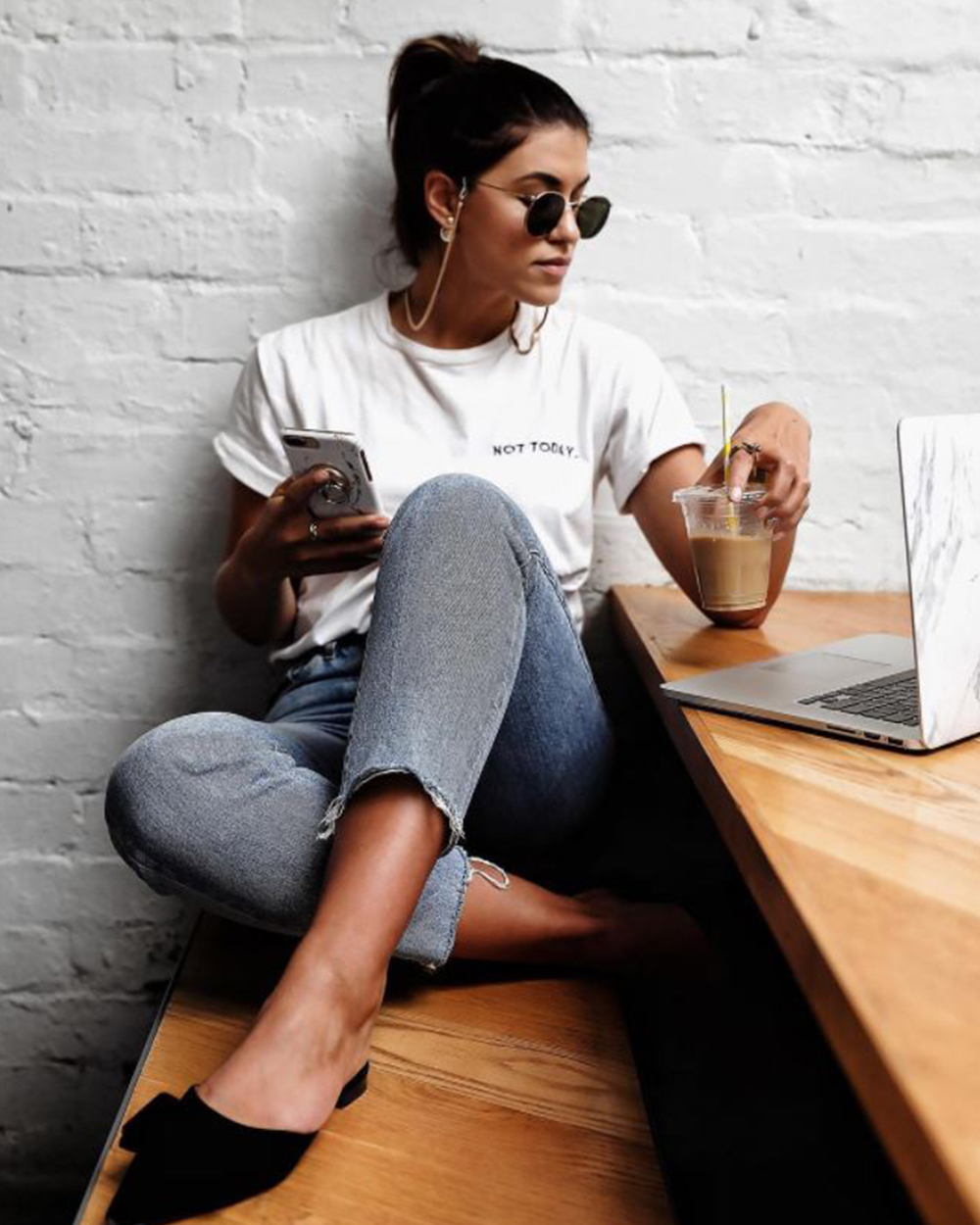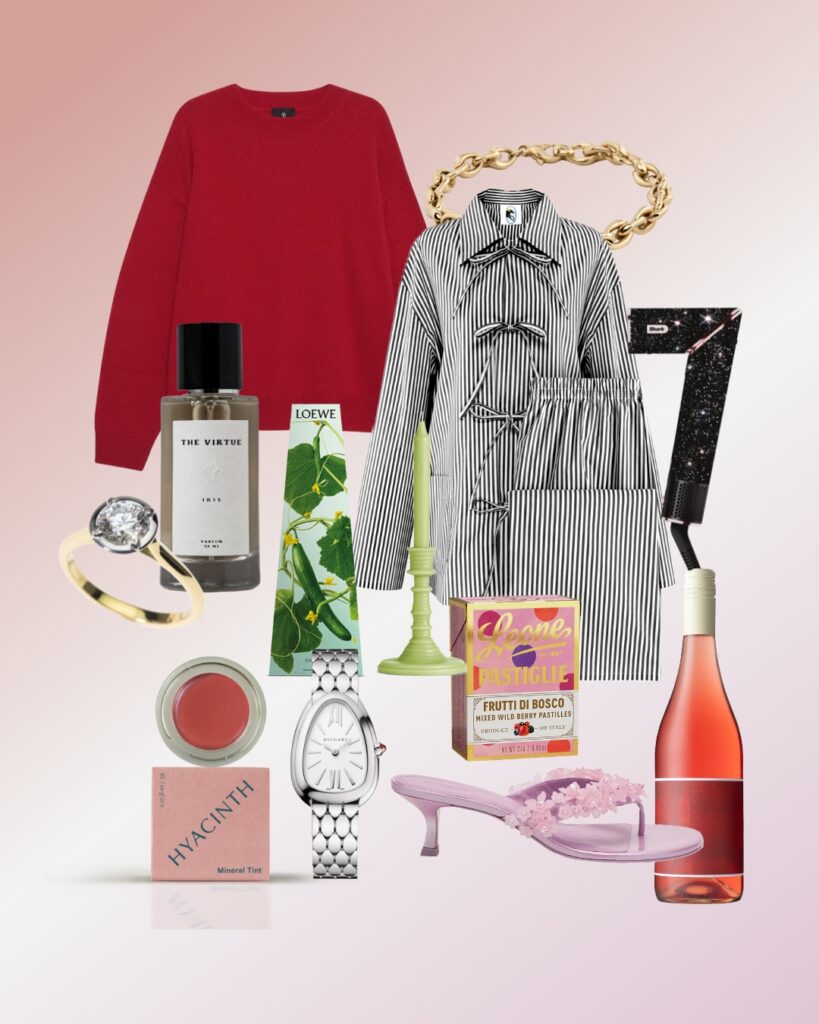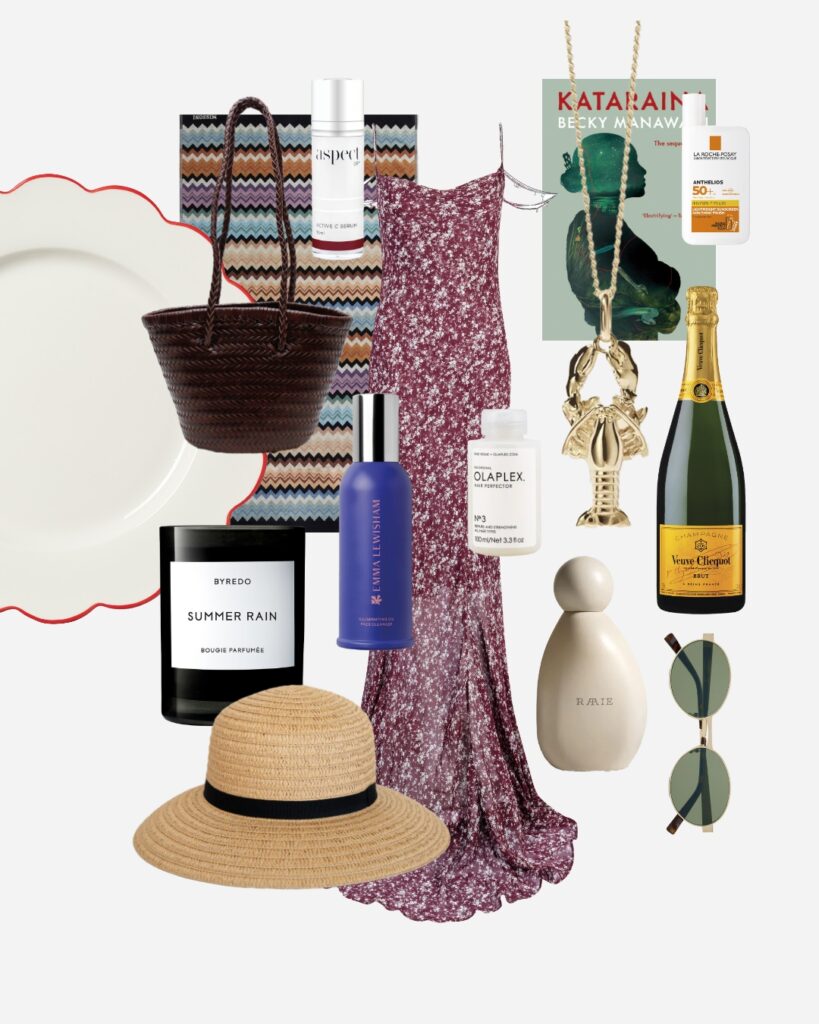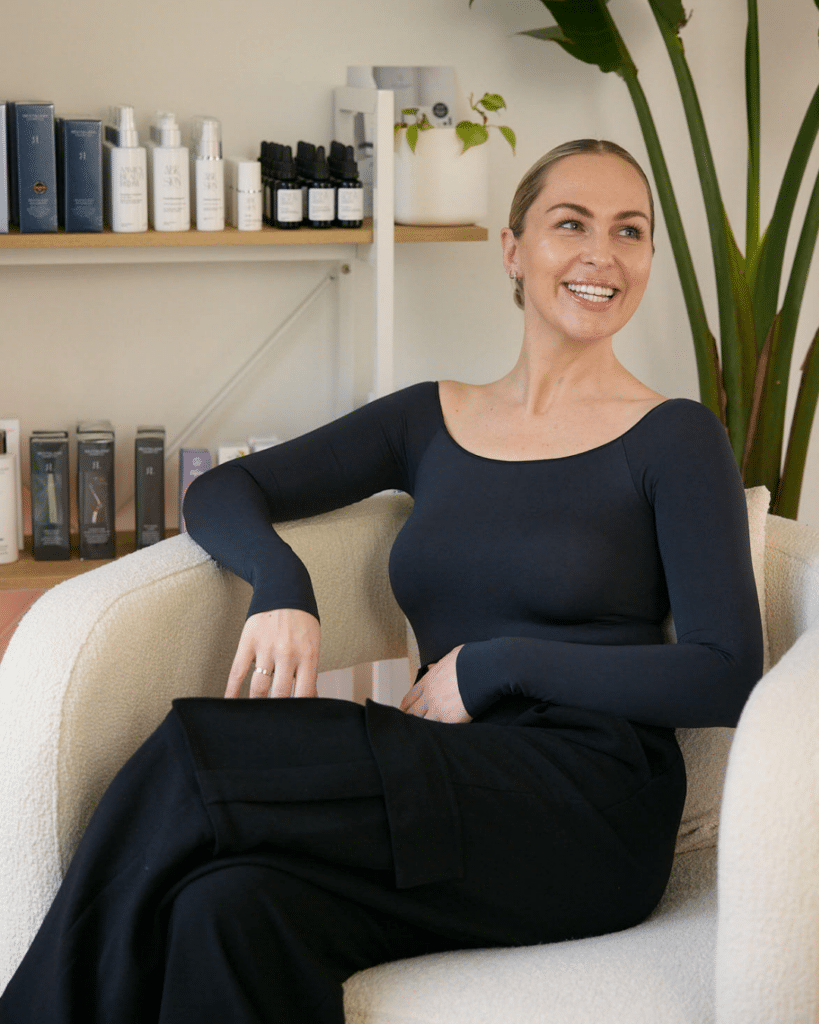
Offline is the new luxury.
Whether you’re fully aware of the downfalls of social media, or merely curious, there are undeniable aspects that can wreak havoc on our mental health and wellbeing. Going cold turkey may seem like a plausible solution, but the reality is, social media isn’t going anywhere fast.
And with most jobs, businesses and brands relying on it, unplugging may not be an option, nor a healthy one (hello, denial much?). Instead of turning a blind eye, make sure you become aware of social media’s negative impact so you can be better equipped to recognise the symptoms, put your phone down and become a more resilient, trusting, and confident individual in the long run.
And if you’re not prepared to dial back on your social media hours, remember this: we all have so much greatness in our lives to crack on with and be proud of. Likes on a post do not quantify your success, sister. And you don’t need to post it to prove it happened…
Scroll for all the ways social media is affecting your mental health:
It makes managing your expectations in life that much harder
Even though we know in our heart of hearts that social media is, in fact, an exaggerated and often misleading representation of people’s lives, when we repeatedly see people surrounded by extravagances or exotic experiences, we set unrealistic expectations about our own lives, and as a result, marry our self-worth to recreating these distortions on our own social media.
What the data shows: A study looking at social media habits of participants across France, Italy, Spain and the United Kingdom discovered that 66 per cent of people surveyed admitted to editing their social media images to make their lives appear more interesting and adventure-filled. Furthermore, 52 per cent of British participants were found to have deliberately posted pictures to make their friends, family, and followers jealous. (Ouch!)
Read Next: Instagram Is Officially the Worst App for Your Mental Health
Social media can actually make you feel sadder
You can tag your mates in memes until kingdom come, but if you’re looking to your social apps when you’re bored, stressed, on your commute or when that awkward silence/don’t-know-what-to-do-with-your-hands situ creeps up on you, your “social connections” will actually increase your mental anxieties and stress. According to a study conducted by UC San Diego, it appears that our seemingly innocent momentary reprieve scrolling Facebook will result in negative life satisfaction over time.
What the data shows: Another study conducted by the Young Health Movement and the Royal Society for Public Health found that those aged 14 to 24 believe that social media is worsening bullying, body image anxiety, and feelings of depression and loneliness. Instagram was found to be the worst offender.
Read Next: 20 things to do when you’re having a bad day
It brings out jealousy
Not that it should be a surprise given that, as mentioned in an earlier point, more than half of a group surveyed admitted to posting images to deliberately inspire jealousy, but comparison really is the thief of joy. As we scroll and dig, scroll and dig, we can be overcome with feelings of destructive jealousy and ultimately resent everything we’ve ever achieved, ever owned or currently do, all because that kid in school that used to bug you out ended up marrying some hottie (probably one of your exes), driving a hot silver Lexus, and is making money off her travelling-mommy-blog. They live the life, and you don’t (or so it seems).
What the data shows: A Kaspersky Lab study showed that the more people use social media, the more jealous they become of their peers. Based solely on their social media presence, nearly 60 per cent of participants revealed they’d viewed at least one friend as having a better life than them, and almost half of them admitted they’d been upset after viewing photos of a friend’s life event. And lastly, 25 per cent of participants said they felt jealous when they saw a friend like someone else’s post and not theirs.
Read Next: Powerfully inspiring TED Talks for your lingering moods or problems
It undermines our relationships
We’re talking attachment, insecurity and trust issues to name only a few – all in the name of ‘electronic intrusion’. Before you start to justify it, we’re going to step in and stress that stalking your significant other’s use of social media is unhealthy. It’s a simple equation really; the more you use social media, the more likely you are to be on your SO’s case and less likely you are to trust them.
What the data shows: Researchers at the University of Michigan studied the association between electronic intrusion and attachment security in a pool of high school students revealing that anxiety and trust issues were more prevalent in those who frequented their SO’s social media. And in terms of how social media use can impact adult relationships, a study published in Psychology Today cited a significant correlation between Facebook-related use and negative relationship outcomes.
Like it or not, we’re highly addicted to it
Social media can impact our lives in a negative capacity, we all know this, but what makes us continue to frequently engage is because, above all else, it’s major downfall is that it’s highly addictive. Not only have these social platforms become a supposed extension of ourselves, despite knowing that social media makes us feel miserable, our incessant use of them, in part, is because they were designed to make us addicted. How often have you found yourself losing sleep to a “few more minutes” of scrolling on your phone in the dark? Stalking others for our personal validation? Exploring our FOMO? Comparing ourselves to others, feeding our egos? We simply can’t stop. We can’t stop participating, we can’t stop contributing. There are billions of users worldwide, more than 300 hours of video content uploaded to YouTube alone every minute, and 70+ million photos uploaded to Instagram. Every. Single. Day.










